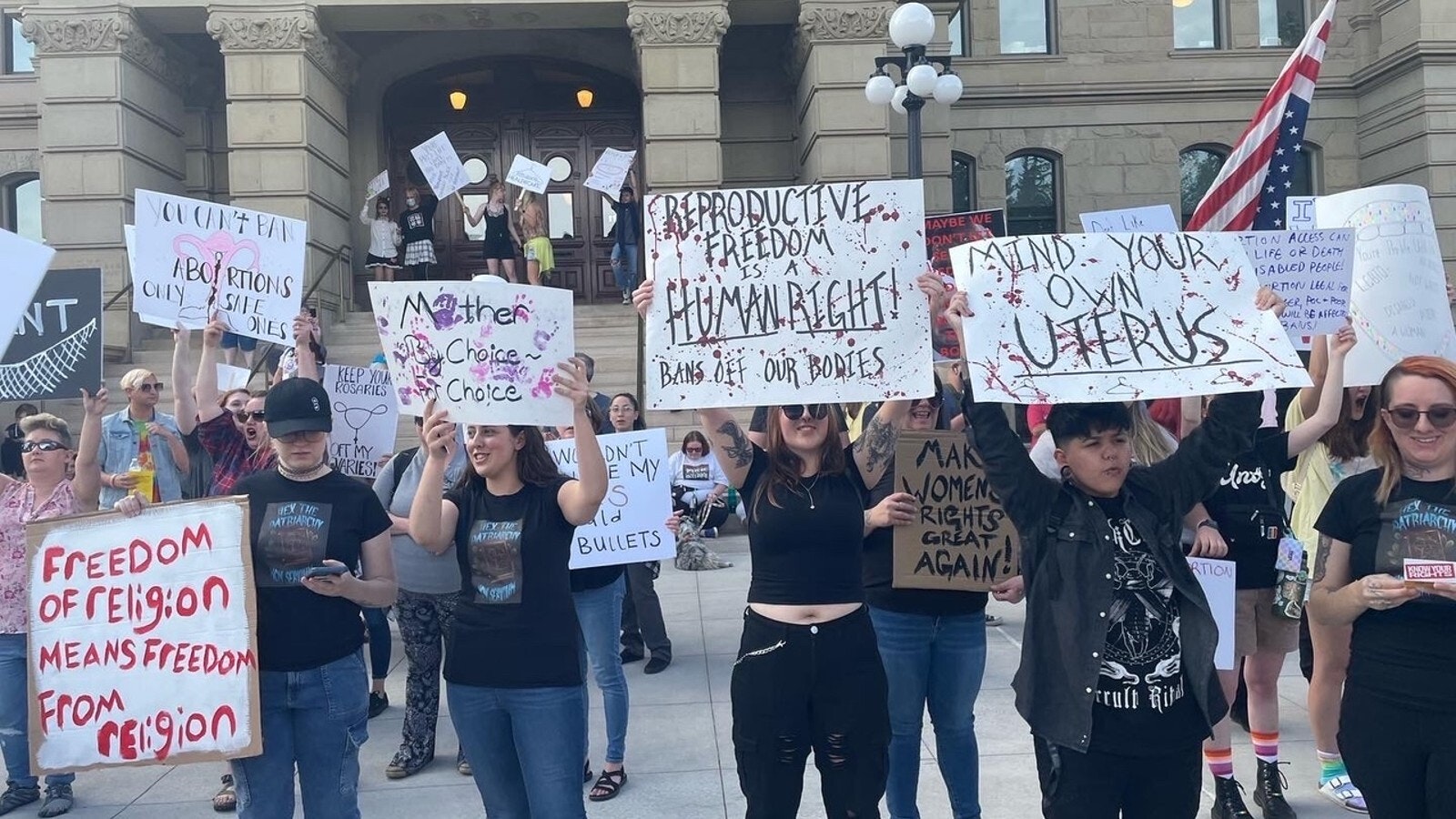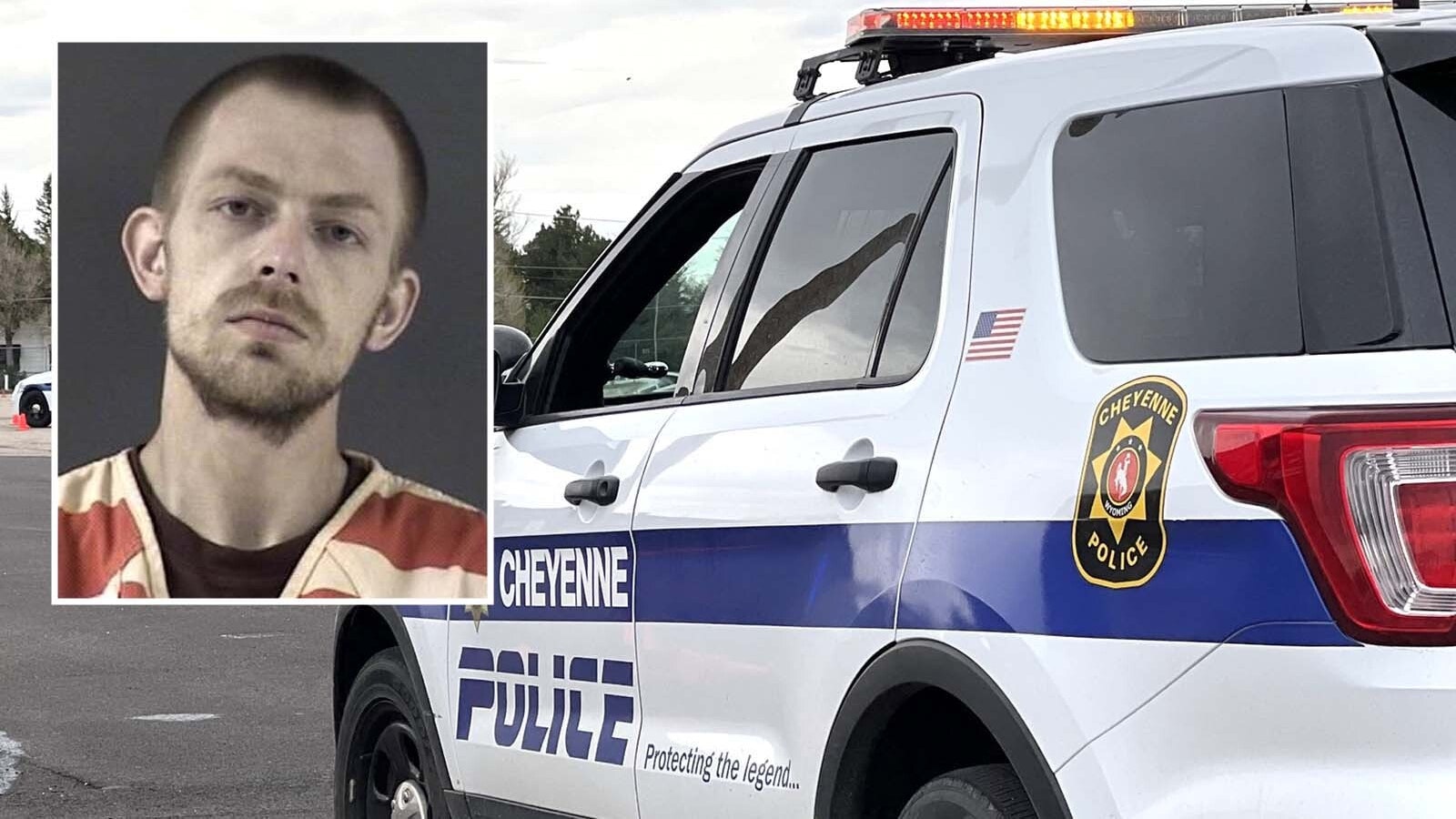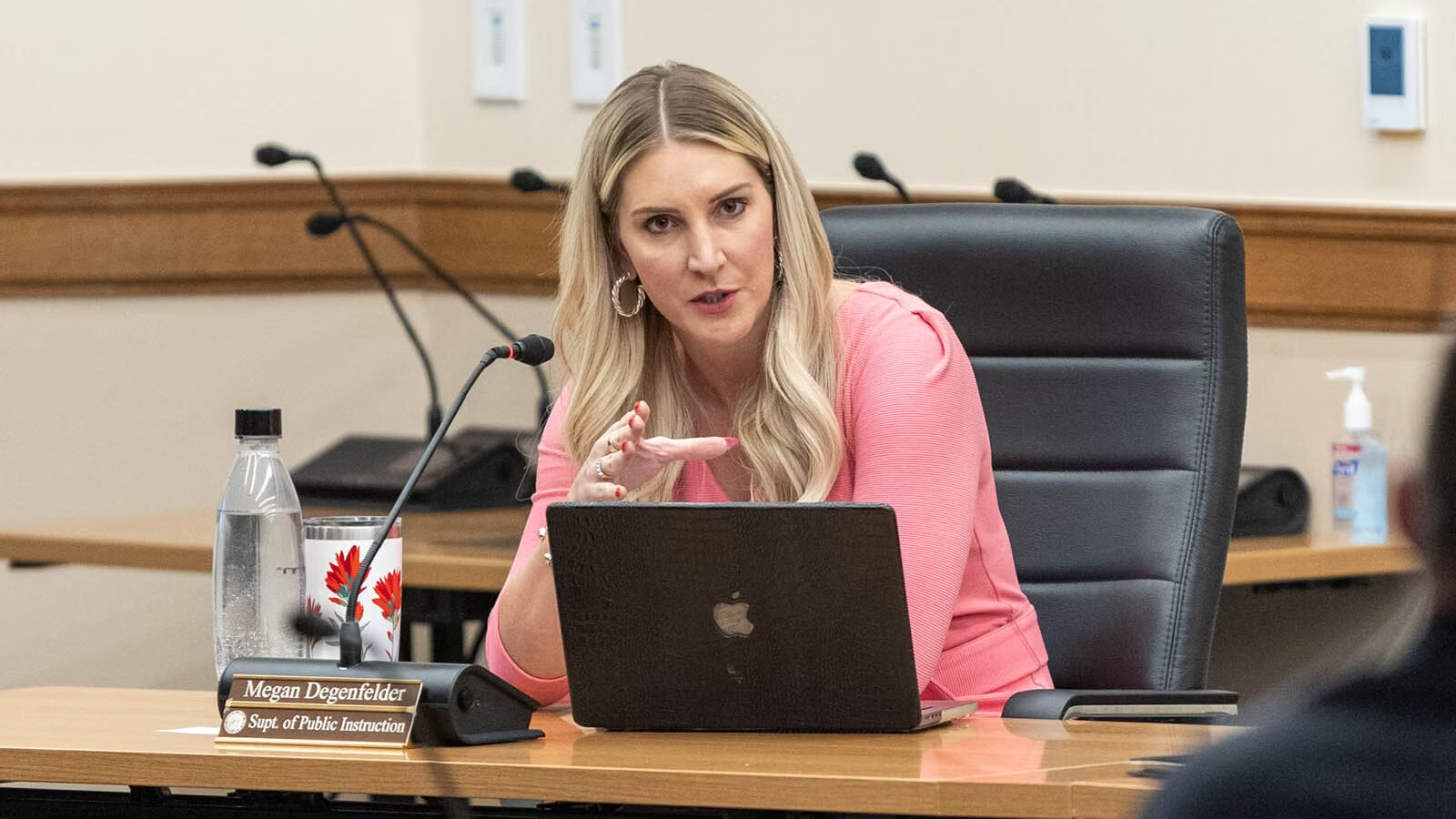By Clair McFarland, Cowboy State Daily
clair@cowboystatedaily.com
A Wyoming judge on Wednesday halted Wyoming’s imminent abortion ban for the next two weeks. She will consider in mid-August whether to prolong the pause while deciding whether the ban is constitutional.
Wyoming in March passed a trigger ban, that is, a law banning nearly all abortions following a decision by the U.S. Supreme Court declaring that abortion is not a right under the U.S. Constitution.
The trigger ban was scheduled to become law Wednesday, following the June 24 decision by the U.S. Supreme Court relegating abortion policy decisions to the states. It would have made it a felony punishable by up to 14 years in prison to perform an abortion in Wyoming, except in cases of rape, incest, or severe health or death risks.
Citing a risk of irreparable harm to individuals if the abortion ban is allowed to function, and a probability that the ban will be declared unconstitutional under the Wyoming Constitution, Judge Melissa Owens on Wednesday issued a temporary injunction, or halt, against the ban. She also took up the case challenging its constitutionality, and will hear arguments for a longer injunction Aug. 9, tentatively.
A trial on the law’s constitutionality to determine whether there can be a permanent injunction against it, will be set for a later date.
Wyoming Gov. Mark Gordon, a defendant in the suit, appointed Owens to the Teton County District Court judgeship in December.
‘Irreparable Injury’
When she halted the anti-abortion law and banned all law enforcers and prosecutors in Wyoming from acting under it, Owens said the arguments presented by Dr. Giovannina Anthony, an obstetrician, and Danielle Johnson, the pregnant plaintiff, were the most compelling demonstrations that the law could cause “irreparable injury” if allowed to go into effect this week.
Owens said she was concerned that the law didn’t give clear direction to doctors and patients on how to respond quickly in a life-threatening pregnancy situation.
“The fact that someone currently pregnant (could) end up having a life-threatening complication and the new statute does not mention healthcare providers’ appropriate medical judgment, what the… statute did creates an ambiguity, not only for Dr. Anthony but for the patient,” she said.
Irreparable injury is just one of the concepts the plaintiffs needed to prove to receive the injunction. They also had a burden to show the court that their case had a probability of success.
Owens decided that it does, but clarified that a case’s need to be heard doesn’t dictate its final outcome at this early stage.
Healthcare
The crux of the argument foreshadowed Wednesday is whether abortion is a form of healthcare.
In the Wyoming Constitution’s Article One, Section 38, Wyomingites are promised the right to make their own healthcare decisions.
“This case does involve healthcare,” said John Robinson, the plaintiff’s attorney representing a pro-abortion group, abortion providers, a woman suing for a right to family planning and a woman who is 22-weeks pregnant and is concerned that the ban would frighten her doctor from performing a necessary abortion to save her life during a medical crisis.
“As of the morning we filed, every woman in Wyoming had these fundamental rights (including) quality, uniform operation of the law, privacy, bodily integrity, conscience, healthcare decisions about intimate matters and the composition of her family,” Robinson said. “These rights will no longer exist absent action from this court.”
Robinson argued further that the purpose of a temporary injunction is to preserve the status quo for the people affected by a law upsetting that status quo, while a legal issue is weighed in court. He said that because abortion has been protected as a right for so long, allowing it is the status quo.
Created Equal
Robinson quoted the Declaration of Independence in the final moments of his argument.
“We hold these truths to be self-evident,” Robinson said. “That all men are created equal, that they are endowed by their Creator with certain unalienable Rights, that among these are Life, Liberty and the pursuit of Happiness.”
Robinson then referenced the foundational statement’s role in a court case that evoked it to establish a right of parental autonomy over children.
He said that parental autonomy, the right “to rear children” should also elevate the rights of mothers, husbands, children and other family members affected by a delay in securing an abortion when a pregnancy becomes harmful, because, he said, all those affected are someone’s child.
“We are talking about family, and we are talking about imposing a moral view concerning protecting fetal life at the cost of not just prison, the cost of health, suffering,” he said.
No Such Right
In his rebuttal argument Jay Jerde, the state’s attorney in the case, said that the plaintiffs made lengthy anecdotal arguments about possible irreparable harms under the trigger ban, but failed to show a probability of success for their case going forward because, he argued, the Wyoming Constitution doesn’t confer an explicit or implicit right to abortion.
Jerde noted that the document’s section on healthcare rights was ratified by voters to push back against the Obama-era Affordable Healthcare Act.
Owens countered later that in looking at the state Constitution, judges are to deduce the effect of the language rather than the mindset of the voters who ratified it.
“(The abortion ban) does not infringe upon any of the plaintiffs’ alleged state constitutional rights, or the right to abortion,” said Jerde, “because no such right exists. You can’t infringe what isn’t there.”
Jerde said a second component the plaintiffs failed to show was demonstrating how the trigger ban, specifically, infringes on a constitutional right.
The Wyoming Legislature passed its trigger ban in a lawful exercise of its elected power, Jerde continued, and therefore it serves the public’s interest.
While still a territory in 1869, Wyoming banned abortions. For the next 100 years, roughly, the state kept abortion illegal until the U.S. Supreme Court in its 1973 Roe vs. Wade decision compelled states to treat abortion as a federal right. Jerde used these facts to argue that pro-life, not pro-abortion policies are Wyoming’s natural state, or status quo.
Jerde refuted Robinson’s right-to-privacy and bodily autonomy arguments with respect to abortion, noting that those are federal concepts that were overturned in June by the high court.
The Parties
The temporary injunction comes following a lawsuit filed Tuesday in Teton County District Court, asking for a pause and eventual overturn of Wyoming’s trigger ban. The plaintiffs include Johnson and Anthony, as well as abortion-funding and support organization Chelsea’s Fund; abortion provider Circle of Hope Healthcare, which is attempting to open an abortion clinic in Casper; Dr. Renee Hinkle, an obstetrician and gynecologist; and Kathleen Dow, a law student at the University of Wyoming College of Law.
Dow’s complaint in the suit is that she is a reproductive-age woman and a lifelong practicing and conservative Jew who “intends to continue practicing her faith,” which “requires her to consider abortion as an available health care alternative in the event of pregnancy conditions which threaten her health,” the suit alleges.
Plaintiffs filed their suit against Wyoming Gov. Mark Gordon, Attorney General Bridget Hill, Teton County Sheriff Matthew Carr, and Jackson Police Chief Mechelle Weber.





